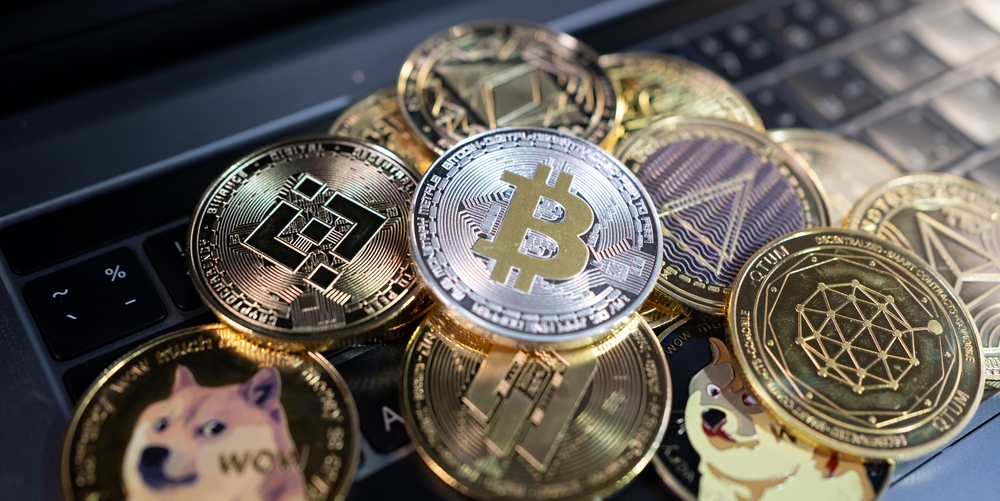Do Kwon Denies Frozen $40M in Crypto is His
- Local media repeatedly report that Kwon’s assets have been frozen
- Kwon labeled the news “muscle flexing” in a tweet on Wednesday, despite evidence on the chain
Controversial crypto figure Do Kwon pushed back against reports Wednesday that claimed South Korean prosecutors had frozen tens of millions of dollars in crypto belonging to him.
Local media have put the latest freeze at about 56.2 billion won ($39.9 million) in various digital assets, including bitcoin, based on estimates by the Seoul Southern District Prosecutor’s Office’s Joint Financial Securities Crime Investigation Team.
Kwon labeled the news “muscle flexing.” The CEO’s exact whereabouts are currently unknown, and a red notice has been issued by Interpol requesting his arrest.
He has maintained that he is not in hiding and has also rejected Interpol’s claims, noting that he can be found coding in his living room – wherever that may be.
The latest back-and-forth between local authorities and Kwon follows reports last month that South Korean authorities had asked local crypto exchanges OKX (formerly known as OKEx) and KuCoin to freeze a total of 3,313 bitcoin ($67.3 million) allegedly belonging to the CEO, a days after the red alert was issued.
“Again, I don’t even use Kucoin and OkEx, don’t have time to trade, no funds have been frozen,” said the CEO in his tweet on Wednesday. I don’t know whose funds they have frozen, but good for them, hope they use it for good.”
Kwon took the opportunity to molded aspersions about the current political party in power in Seoul, suggesting that they were responsible for jailing opposition politicians.
“It’s no surprise that crypto is most popular in countries that weaponize state institutions against their own people for political gain. Reap what you sow – revolutions start from within,” he tweeted.
The CEO, whose failed stablecoin project has been blamed for crypto’s recent turmoil and $40 billion in losses, is also wanted by local police along with former employees.
In September, a court issued six arrest warrants to Seoul’s Southern District Prosecutor’s Office for former employees, including Kwon and CFO Han Mo, alleging they had violated the Securities and Capital Markets Act.
Analysis of the chain agrees with the prosecution’s claims
Bitcoin transactions are pseudonymous, but the immutable record of the blockchain makes funds easy to track.
On-chain analysis conducted by OXT Research appears to confirm the link between the frozen exchange funds and the Luna Foundation Guard (LFG), set up by Do Kwon ostensibly to defend the UST pin.
LFG pointed to a wallet address controlling 313 BTC, in a tweet from September 28and claims that “LFG has not created any new wallets or moved $BTC or other tokens held by LFG since May 2022.”
OXT Research disputes that.
The “race of breadcrumbs” links the financing of LFG’s publicly declared wall with a massive stash of bitcoins on the two exchanges.
“Since September 15th, this sequence has distributed around 65mm worth of BTC from the date of the respective deposits to Kucoin and OkEx,” OXT Research so on Twitter, adding: “My quick estimate of $65mm roughly matches values quoted in Korean press last week.”
If Do Kwon’s claims are true, and the Kucoin and OKX holding assets are not linked to LFG, then the question remains: Whose bitcoins were frozen?
Macauley Peterson contributed reporting.
Attend DAS:LONDON and hear how the biggest TradFi and crypto institutions see the future of crypto’s institutional adoption. Register here.
 ∴Ergo∴
∴Ergo∴


